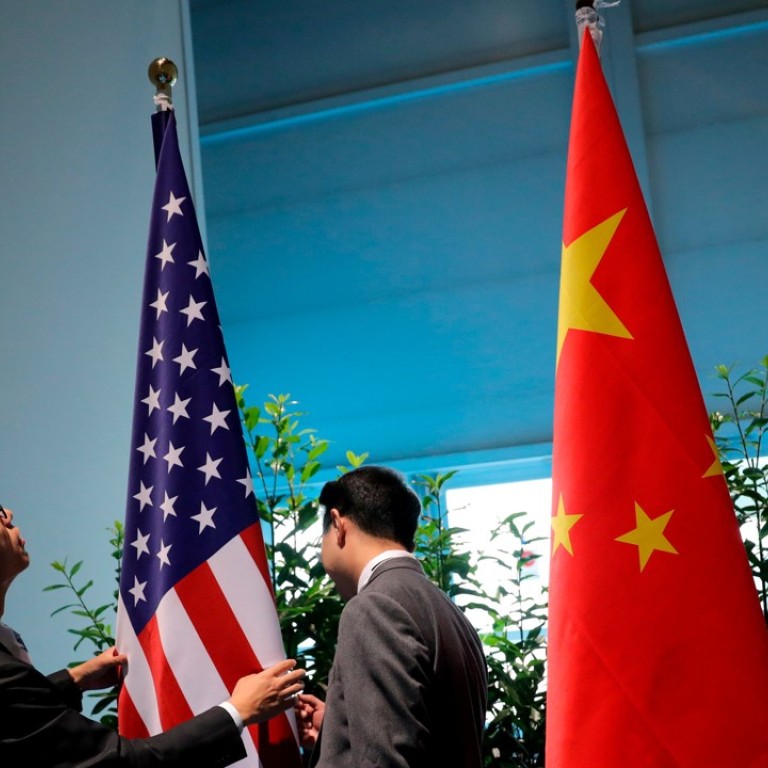
Demonisation of China hits home
After sustained rhetoric from US President Donald Trump, more Americans are less positive about China. If such demonisation is reciprocated by China, the possibility for cooperation will be lost amid counterproductive conflict
Public perceptions can reflect political discourse, especially when debate is shaped by the rhetoric of a demagogue. Many critics of United States President Donald Trump see this a reason for more Americans becoming less positive about China and worrying about its growing economic clout. New data from the Pew Research Centre shows only 38 per cent of Americans now see China favourably.
Based on 1,500 phone interviews in May and June, this figure was down from 44 per cent last year. Pew ran the survey ahead of the outbreak of the US-China trade war, but after a sustained campaign by Trump criticising “unfair” trade and intellectual property practices, the Chinese trade surplus, the loss of manufacturing jobs to places such as China, and alleged technology theft.
About 60 per cent were concerned more with China’s growing economic strength, and with the “very serious issue” of the US$1.2 trillion US debt to China, compared with about 26 per cent concerned more with its military strength.
“There is a resurgence in US concern over China’s growing economy,” the Pew report said. Americans have never before had so much reason to fear an economic rival to their nation. A measure of the extent to which their focus has shifted to economic concern is that it ranks ahead of topical issues such as cyberattacks, human rights, China’s tensions with Taiwan and territorial and navigational disputes in the South China Sea. A graph of trends in relative concerns shows they accelerated in 2017, which suggests the White House has been able to move perceptions for political purposes.
The survey results also raise the question to what extent US media coverage of US-China issues has demonised China and, for that matter, to what extent Chinese state media may have demonised the US. In America’s case it starts at the top with the consistent adversarial stance of Trump – despite his oft-repeated respect for President Xi Jinping, a strong leader in Trump’s own self-image – supported by anti-China hawks among his close associates. If demonisation is reciprocated it is an even more unhealthy development, and an unfortunate one when there is so much scope for more cooperation rather than counterproductive conflict.

